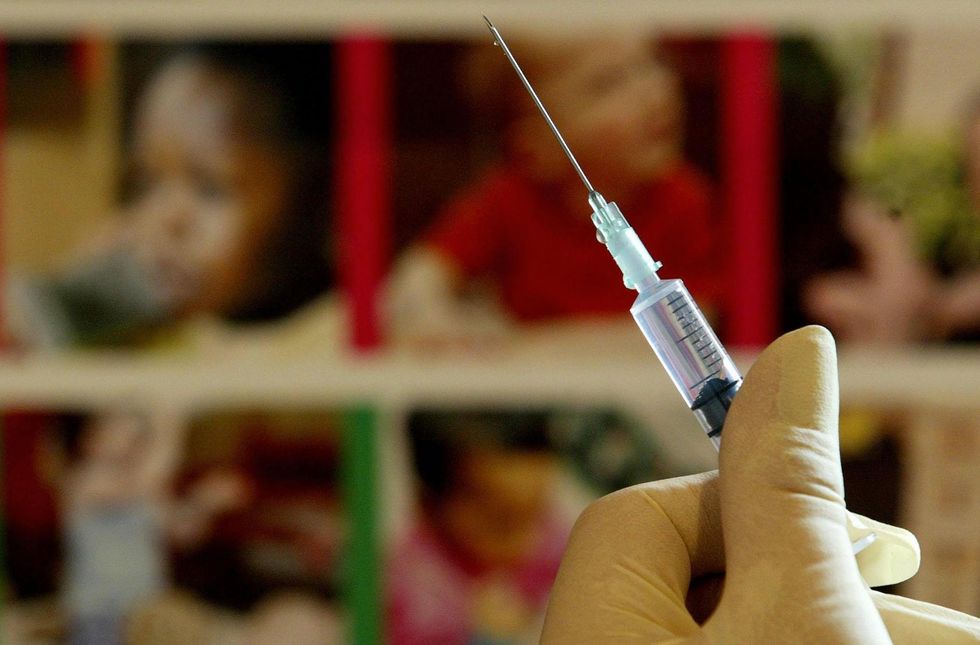Five lifestyle habits make the brain 'resilient' against dementia
GBN
Researchers believe the vaccine could represent a cost-effective intervention
Don't Miss
Most Read
Trending on GB News
New research has yielded evidence that the shingles vaccination reduces the risk of developing dementia by 20 per cent.
The study, which tracked more than 280,000 older adults in Wales, provides the strongest evidence of a causal link between receiving the vaccine and lower rates of brain disease.
Researchers took advantage of a vaccination policy from September 2013, which created a natural experiment in Wales. The policy made people born on or after 2 September 1933 eligible for the Zostavax shot, while older individuals missed out.
This division allowed scientists to compare dementia rates in people born just weeks apart but on opposite sides of the eligibility threshold.
After accounting for varying vaccination rates among eligible individuals, researchers found the jab led to a 20 per cent reduction in dementia risk, with women experiencing the strongest protective effect.
"For the first time we are able to say much more confidently that the shingles vaccine causes a reduction in dementia risk," said Pascal Geldsetzer from Stanford University.
It remains unclear exactly how shingles vaccines might protect against dementia.
One theory suggests they reduce inflammation in the nervous system by preventing reactivation of the virus.

It remains unclear how shingles vaccines might protect against dementia
GETTY
Another possibility is that the vaccines induce broader changes in the immune system that are protective.
These wider effects are seen more often in women, potentially explaining the sex differences observed in the study.
"If this truly is a causal effect, we have a finding that's of tremendous importance," Geldsetzer added.
Anupam Jena, a professor at Harvard Medical School, described the implications as "profound".
Julia Dudley from Alzheimer's Research UK said the study "strengthens the emerging link between shingles vaccination and reduced dementia risk".
"Although it is still unclear precisely how herpes zoster vaccination lowers the risk of dementia, the implications of the study are profound," Jena wrote in an accompanying article.
LATEST DEVELOPMENTS

The vaccine could represent a cost-effective intervention
PA
"The vaccine could represent a cost-effective intervention that has public-health benefits strongly exceeding its intended purpose."
Dementia affects more than 55 million people globally and is the leading cause of death in the UK.
An Oxford study found an even stronger protective effect from Shingrix, a newer shingles vaccine that has largely replaced Zostavax.
Maxime Taquet, who led that research, suggested the adjuvants in Shingrix, which enhance immune response, may play a role in its potentially superior protection against dementia.
Both studies support the hypothesis that shingles vaccination reduces dementia risk.








